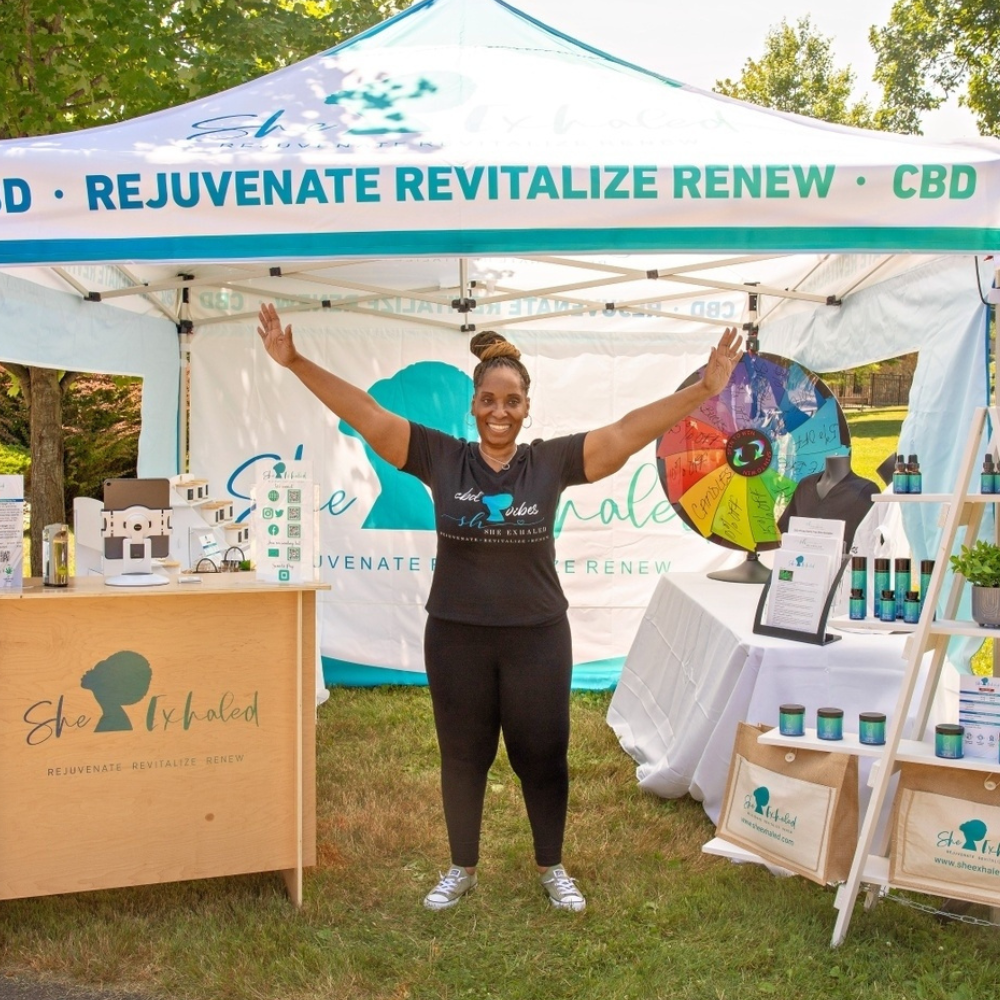What is CBD?
Cannabidiol (CBD), a compound produced by the cannabis plant, is quickly growing in popularity, and has achieved mainstream acceptance. CBD oil is finding its way into a variety of products, from tinctures and drops to CBD-infused edibles and CBD balms, as well as a wide range of cosmetics. CBD oil is even becoming popular among pet owners who wish to help their pets live healthier lives.
Over the past few decades, there has been an explosion of research into the benefits of hemp-derived CBD and other cannabinoids. CBD has been quickly gaining acceptance in the U.S. because of media coverage and research by respected health experts such as Dr. Sanjay Gupta. The message of CBD’s benefits is beginning to reach the masses.
Today, CBD oil is available to most people in the United States, and research into the effects of CBD on the human body has increased substantially. Modern technology has provided methods of refining and isolating hemp-derived CBD and even increasing the bioavailability of CBD oil through technologies such as nano-emulsions, which make CBD water-soluble and increase its potency. The demand for CBD is growing so quickly and sales are expected to surpass $2 billion by 2022.
CBD oil is a natural oil extracted from the flowers and leaves of the cannabis plant. People all over the world use CBD for a variety of purposes.
Broad spectrum CBD oil contains a variety of active compounds such as cannabinoids and terpenes. In each other’s presence, these compounds work even better, making the health benefits of CBD products more pronounced. Depending on the formulation of a product, it may contain other beneficial components such as omega fatty acids, amino acids, vitamins, and minerals.
About the Cannabis Plant
Cannabis is one of a family of plants known as Cannabaceae. There are two main species of the cannabis plant that are cultivated for human consumption, namely Cannabis indica and Cannabis sativa.
Sativa plants are taller and produce more fiber and are therefore the species from which hemp cultivation arose. Indica plants are shorter and bushier and less suitable for farming for either industrial purposes or for production of food, but well-suited for producing medical marijuana.
What Are the Differences Between Hemp and Marijuana?
Marijuana is high in the psychoactive compound THC, or delta-9 tetrahydrocannabinol, the compound in marijuana that causes a high.
Hemp is not marijuana. Although hemp does contain some cannabinoids, it has negligible amounts of THC. In fact, to be legally cultivated, hemp must contain less than 0.3% THC. Industrial hemp is also grown for its fiber and contains small concentrations of cannabinoids and terpenes, so it is not the most desirable source of CBD oil.
It is a naturally occurring substance that is used in products like oils and edibles to impart a feeling of relaxation and calm. Unlike its cousin, delta-9-tetrahydrocannabinol (THC), which is the major active ingredient in marijuana, CBD is not psychoactive.
Past Events








